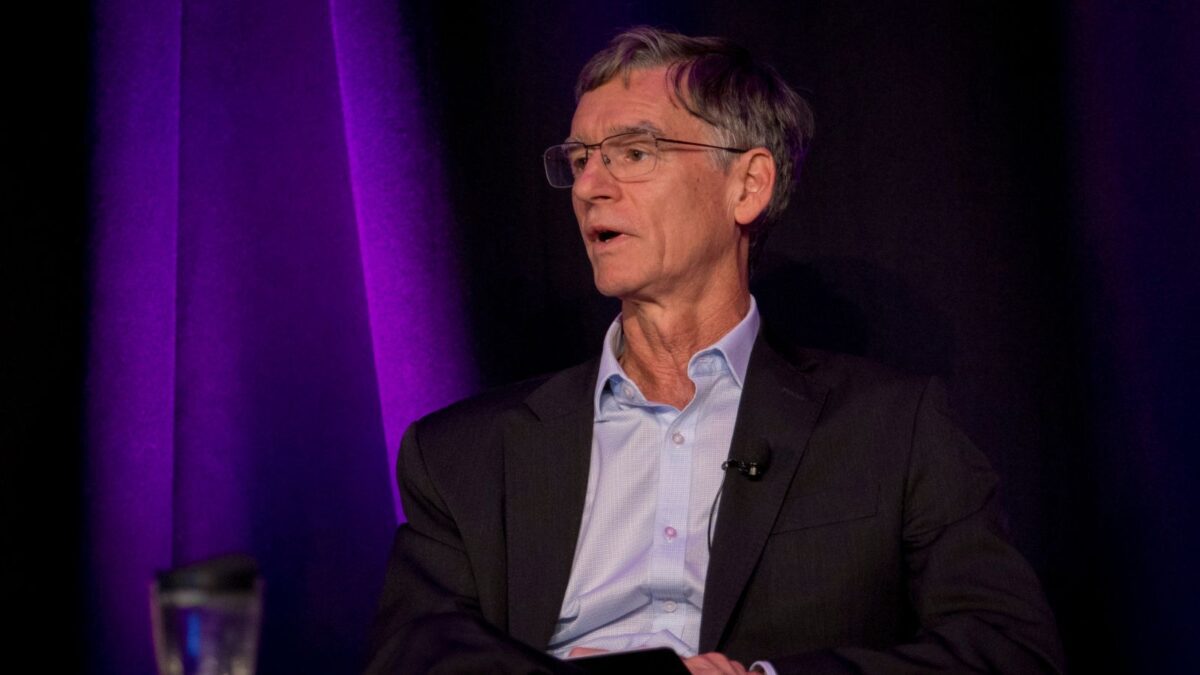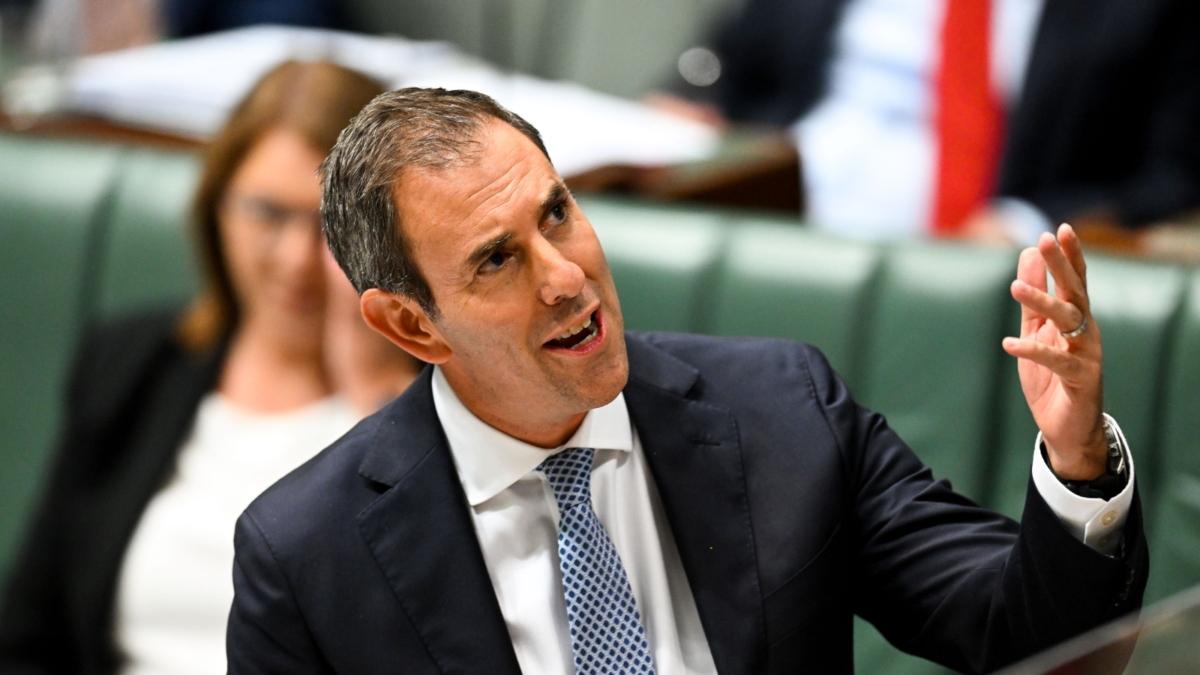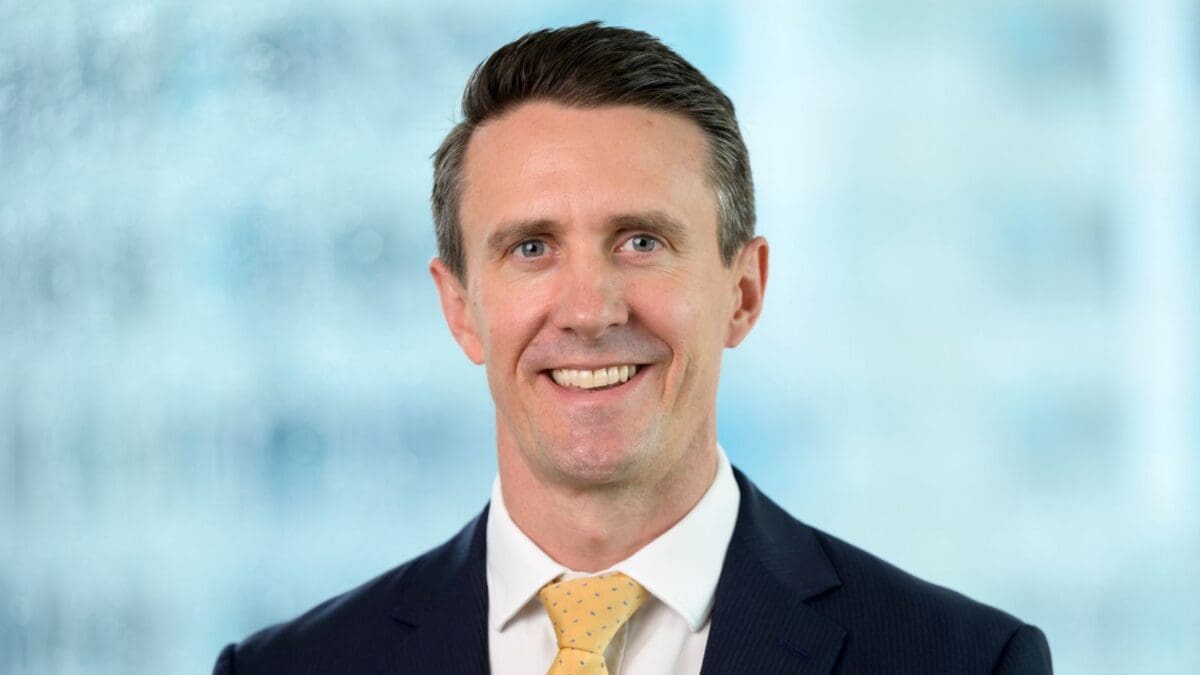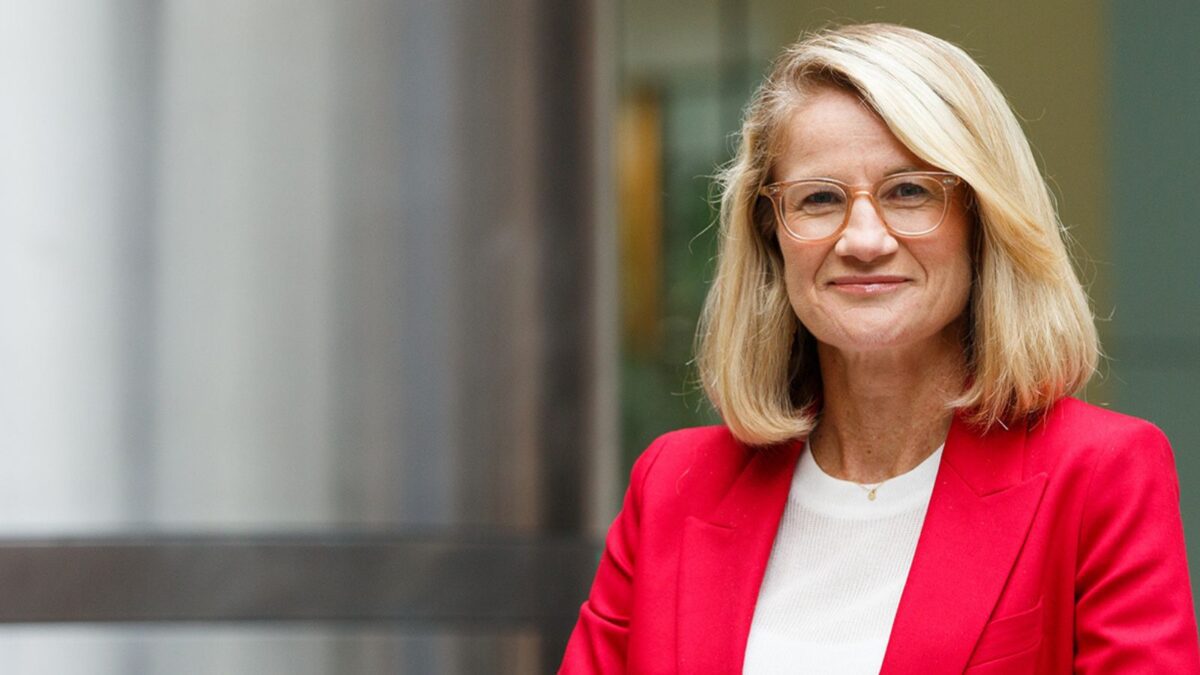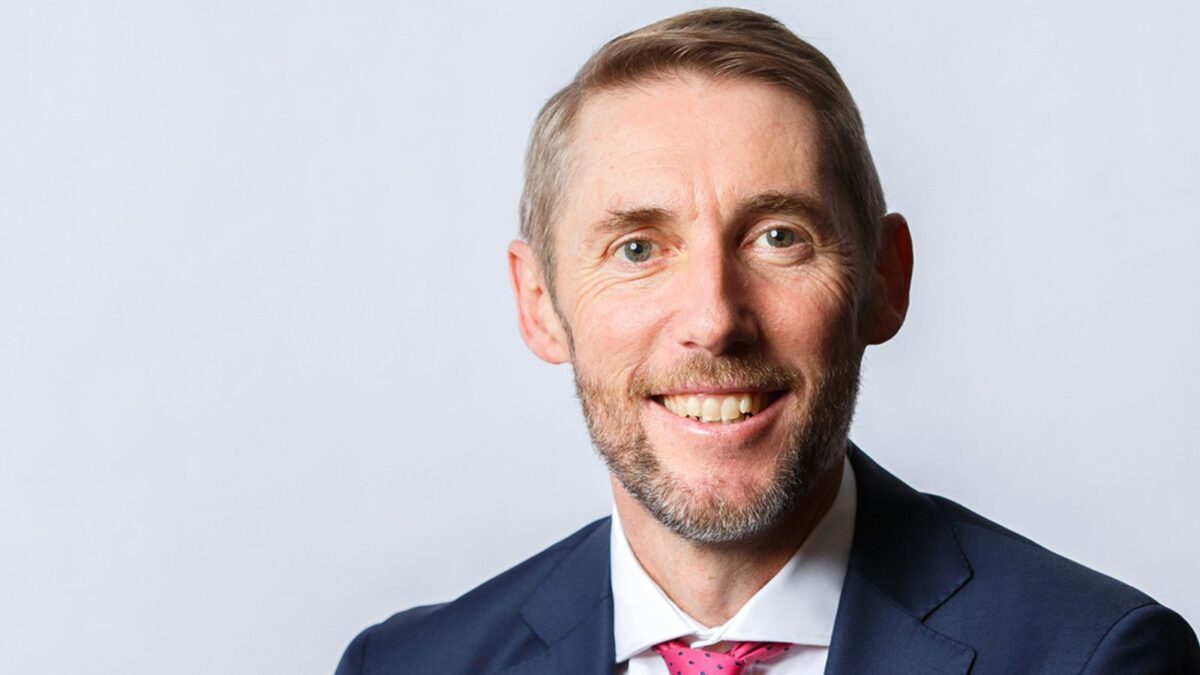Give me lucky investment managers
by Greg Bright
Michael Mauboussin – investment manager, researcher, part-time academic and writer – likes his poker analogies. Investors, too, are players, and luck plays an important part in their success. In fact, with the rising tide of indexing over the past 10-or-more years, investors need more luck now because beating the other players is becoming more difficult. Indexers, of course, are not players. They are freeloaders.
“They’re like the players who realise they are not good enough for a particular poker game, the opposition being too strong, but they still turn up at your place to drink your beer,” he told the annual Morningstar conference in the US, where he delivered the opening keynote address on September 16. Mauboussin is head of ‘Consilient Research’ at Counterpoint Global, which he joined early this year. Counterpoint Global is a part of Morgan Stanley Investment Management which concentrates on fundamental research aimed at long-term stable returns. Previously he was director of research at Blue Mountain Capital in New York and before that a managing director and head of global financial strategies at Credit Suisse.
Consilience, a word derived from science, refers to the convergence of evidence derived from different principles or sources. Counterpoint Global prides itself on its innovative thinking with investments and diversity of information sources. Mauboussin’s most recent book, published in 2013, is ‘The Success Equation: Untangling Skill and Luck in Business, Sports and Investing’.
About that book he said: “I suggest that there’s luck in an activity when three conditions are met. First, it applies to an individual or organisation. Second, it can be good or bad. And, finally, it is reasonable to expect that a different result could have occurred.”
He said, in an interview with ‘The Economic Times’, a publication of The Times of India group: “I also like to distinguish between randomness and luck. I view randomness as operating at a system level, and luck at an individual level. For example, if I gather 100 people and ask them to call consecutive coin tosses, randomness tells me how many will call four in a row correctly. If you are the one who calls them right, you are lucky.”
One way to think about it was that skill reflected elements under your control and luck reflected elements outside your control. So, in the context of investing, you could identify things within your control: which stocks you select, how diversified your portfolio might be, how your portfolio was positioned based on various possible economic outcomes, he said. But there was a great deal that would be outside your control, including macroeconomic developments, unanticipated behaviour by the customers or competitors of a company in which you owned stock as well as broader technological change.
In his Morningstar conference presentation, Maubissoun said: “As they say in poker, if you’ve been in the game 30 minutes and you don’t know who the patsy is, you’re the patsy… It’s very useful to know what other people don’t know.” There were three important lessons for active managers to be gleaned from poker:
- For every winner there has to be a loser
- The players, in aggregate, will end up with less money than they started with if the pay to play (the equivalent of manager fees), and
- The rise of indexing is the same as having fewer weak players in the game. It’s the opposite of the accepted wisdom that indexing makes it easier for active managers.
“We believe that the evolution of markets has made it tricker to be an active manager because the weaker players are leaving the game,” he said. In the past five years, investors in US mutual funds withdrew US$1.5 trillion from active funds and allocated US$1 trillion to passive funds. Since the GFC, investors had withdrawn US$1.8 trillion from active and added US$2 trillion to passive.
“But active managers provide two important societal goods: they encourage price discovery, keeping markets efficient, and they provide liquidity by transforming cash into an asset and vice versa. Indexers are essentially freeloaders to these externalities. In a very real sense, the fees paid to active managers subsidise indexers and others in the rules-based community.”
While the term ‘Paradox of Skill’ was not coined by Mauboussin – it was first used in biology – he uses it often. This says that if both skill and luck contribute to outcomes, “as they do with most things”, as skill increases luck becomes more important. “Think about skill having two dimensions: absolute skill and relative skill,” he said. “Absolute skill in almost every domain has improved markedly; in sports, business and investing through the availability of modern tools. Relative skill is different between the very best and the average participant and that, in domain after domain, has actually shrunk. There is greater uniform excellence and therefore luck becomes more important.”
Active management in aggregate generates excess returns before fees, but after fees it tends to be a “market equivalent prospect”. One of the issues is the measurement of alpha and whether this is a good proxy for skill. Most people look at equal-weighted statistics to see how many in a certain cohort beat a common index. They don’t account for larger managers with more money to manage, who may also have more skill. Looking at the actual dollars is a fairer guide, Mauboussin contends. Larger managers dominate in the profitability stakes. In the US, the largest 10 per cent control 73 per cent of all FUM, the largest 20 per cent control 86 per cent and the largest 50 per cent control 98 per cent.
As we all know, alpha drifts lower as a fund’s size increases. But managers tend to take on FUM to the point that alpha starts to migrate towards zero – even with skilful managers. With the gross profit of the manager, though, there is “huge action” as they move from the eighth decile to the tenth decile in terms of the manager’s size. Average gross profit per manager, again using US mutual funds as an example, shoots up from $10 million at the eighth decile to $80 million at the tenth. “The value extraction by the manager is vastly larger… And gross profit is more persistent than alpha. But gross alpha may still be a better signal of skill,” he said.
“Both individuals and institutional investors tend to put money into managers that have done well and take money away from managers who have done poorly, so you get a reversion to the mean. There’s not much, if any, evidence that anyone can pick good managers regularly,” Mauboussin said.
The annual Morningstar conference for Australia will take place on October 8-9.
Note: The quote “Give me lucky generals”, alongside various versions of it, is usually attributed to Napoleon Bonaparte, but it was more likely uttered long before by Cardinal Mazarin, a French chief minister in the 17th century, according to ‘War History Online’.


